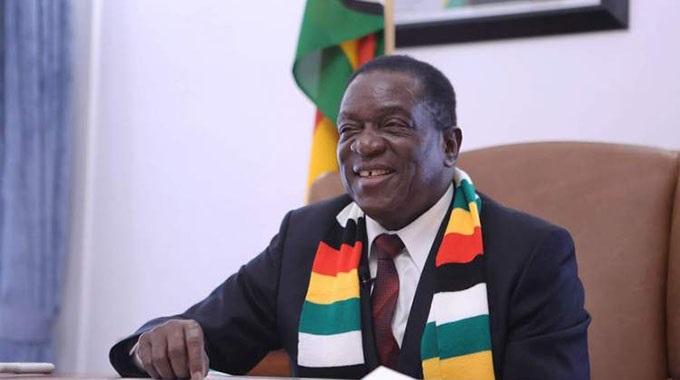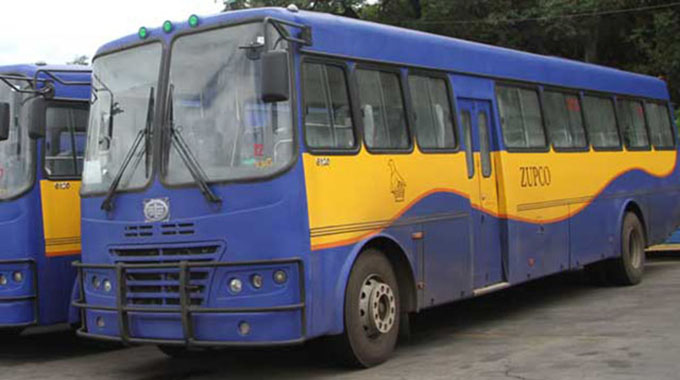Devolution set to boost economy

Natasha Chamba, Business Reporter
ZIMBABWE’s Gross Domestic Product (GDP) will grow by over 50 percent if the Government successfully implements the devolution model, a leading academic has said.
As the country strives to transform its economy, President Mnangagwa has vowed to champion the devolution drive to accelerate development across the country.
Devolution entails statutory delegation of powers from the central Government of a sovereign State to govern at a sub-national level, such as a regional or local level.
It is a form of administrative decentralisation.
Speaking at a Symposium on Devolution in Zimbabwe, which ran under the theme: “Institutionalisation of Economic Devolution in Zimbabwe: From theory to Practise- Obstacles and Opportunities”, in Bulawayo last week, University of Fort Hare Professor Philani Moyo, said the decentralisation of power in the country would usher in socio-political cohesion and increased accountability, which naturally comes with huge economic advantages.
“Devolution will go a long way in boosting Zimbabwe’s economy if it is implemented in full effect,” he said.
“The country’s GDP will rise by over 50 percent because the decentralisation of power will give rise to greater political participation and accountability, which will favour the start of economically advantageous institutions.
“Decentralisation of power can also act as an informal monitoring mechanism counteracting corruption and revenue maximising behaviour within political institutions.”
GDP is a major economic indicator and measures the income and output of a given country’s economy.
In view of the resilience of the country’s economy, Finance and Economic Development Minister, Prof Mthuli Ncube, last year rebased the GDP in line with international norms.
In that regard, he said Zimbabwe’s economy was 40 percent bigger with the nominal GDP in 2018 pegged at US$24.6 billion, from a previous level of US$21 billion.
Following rebasing, per capita GDP for 2017 rose from US$1 235 to US$1 508, and was projected to reach US$1 642 by end of 2018, thereby placing Zimbabwe in lower middle income status.
The Zimbabwean Constitution Amendment (No 20) Act 2013 provides the framework for devolution of Government powers and responsibilities in Section 264.
In Section 5 of the Constitution, the tiers of Government provided are the national Government, provincial and metropolitan councils.
The Second Republic led by President Mnangagwa is already spearheading crafting of legislation to devolve power to provincial and metropolitan councils as well as local authorities.
As such, Treasury recently allocated $310 million in the 2019 National Budget for devolution.
Prof Moyo said the Second Republic should be applauded for taking steps to promote devolution as evidenced by the money they have put forward to fund the initiative.
He said devolution would bring back Bulawayo’s status as the “Industrial hub” and would also help the central Government to identify areas that need aid around the country with more efficiency.
In an interview, Bulawayo Provincial Affairs Minister Judith Ncube said there was an understanding that Bulawayo would get $31 million for the devolution process, but she was still waiting for official Government communication on the allocation of the money.
— @queentauruszw









Comments